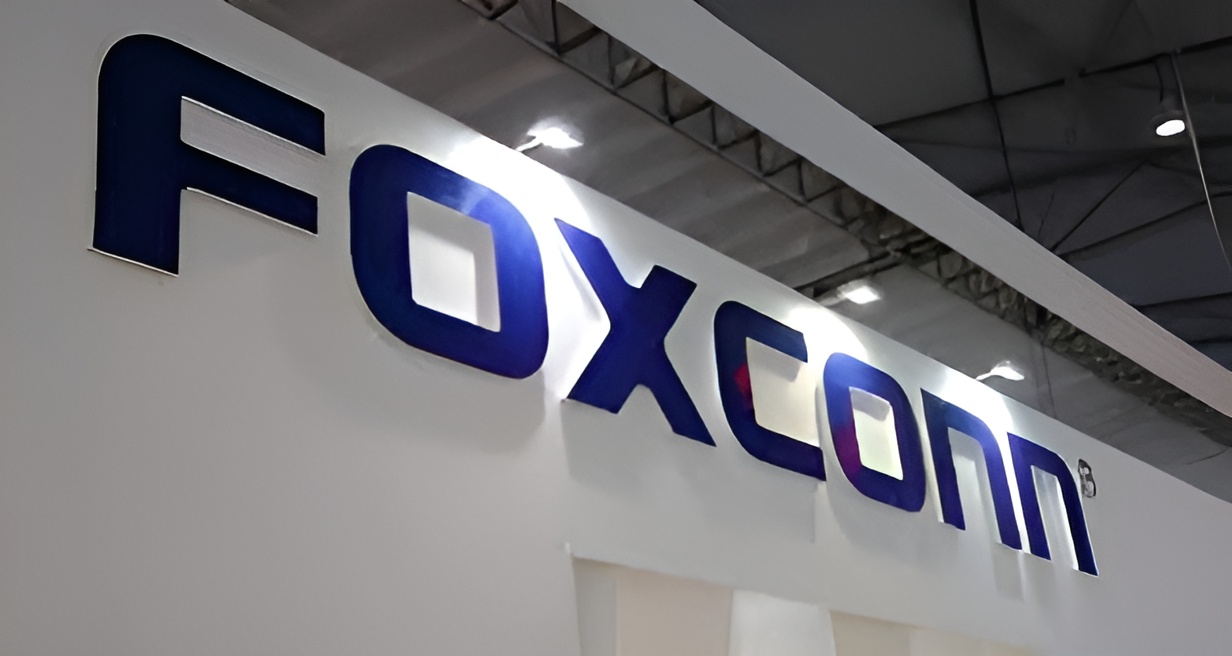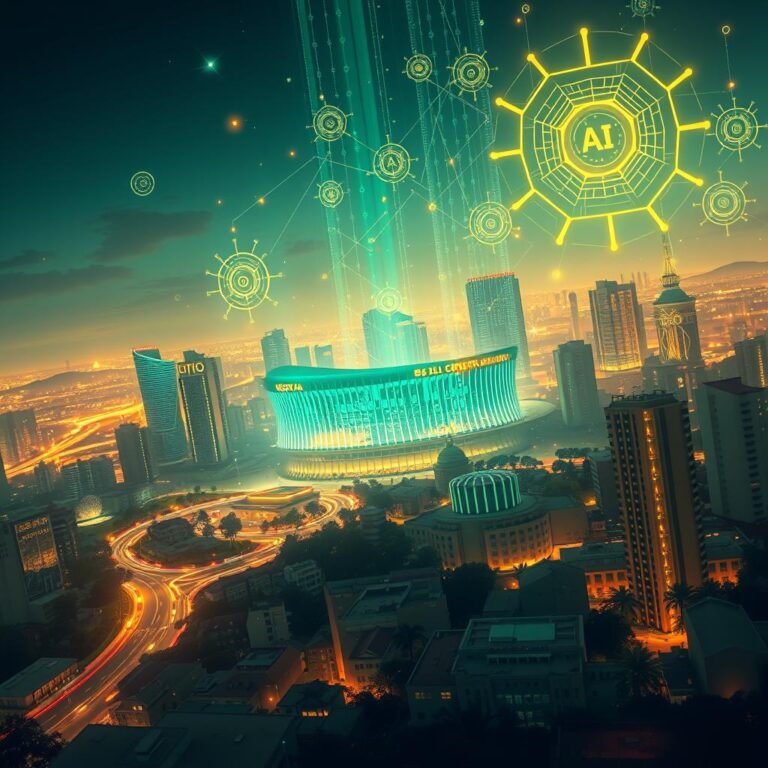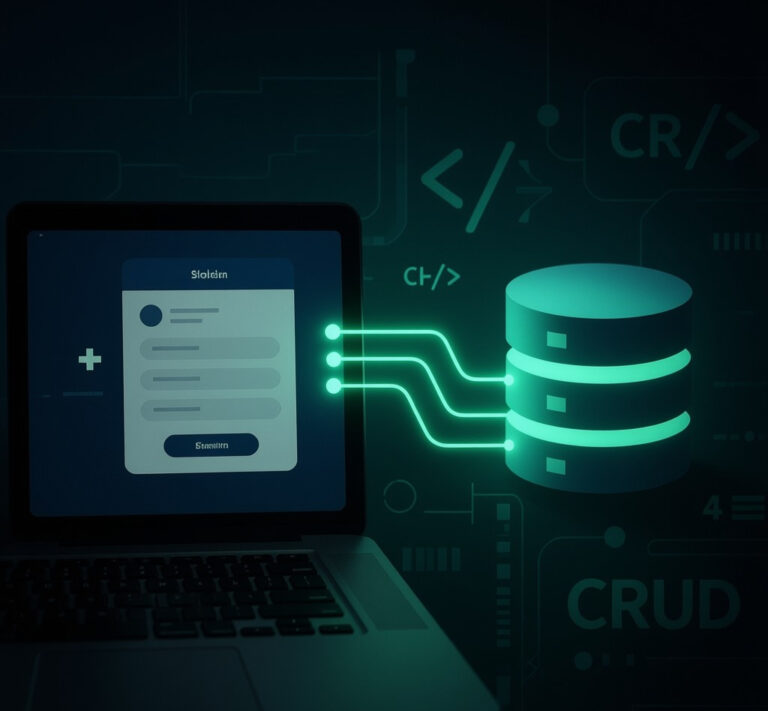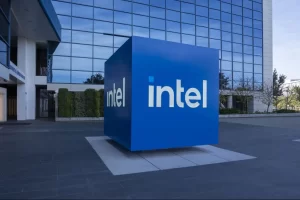The Taiwanese powerhouse, long acknowledged as the core of Apple’s iPhone manufacturing, is now focusing on a new phase of growth driven by artificial intelligence. For many years, Foxconn’s identity has been tightly connected to the assembly of iPhones and other Apple products but the changing landscape of global tech demand is reshaping its future. The emergence of generative AI, cloud computing, and high-performance servers has sparked an extraordinary demand for AI infrastructure, positioning it as one of the primary beneficiaries.
Recent statistics have indicated that the demand for AI servers has significantly surpassed smartphone growth, becoming the driving force behind Foxconn’s revenue increase. Analysts suggest that Apple’s declining iPhone sales and intensified competition in the smartphone sector were indicators that a heavy reliance on a single client was not viable. The shift towards AI servers provides Foxconn with a robust new identity not merely as Apple’s contractor, but as a key player in powering the data centers and AI models, hence shaping the future of technology.
With major players like Nvidia, Microsoft, and OpenAI leading the charge in global AI adoption, server demand is expected to increase at double-digit rates over the next decade. Taiwan is emerging as a central hub for AI hardware, and Foxconn’s stronghold in manufacturing provides it with a significant edge. Insiders have speculated that this shift could even surpass the profitability seen during its Apple era, especially as governments and businesses pour billions into artificial intelligence infrastructure.
However, this transition is not without its hurdles. The company is battling tough competition from other Asian manufacturers, and its reliance on U.S. chipmakers such as Nvidia makes it susceptible to geopolitical issues. Nevertheless, for a company once closely tied to Apple’s success, Foxconn’s evolution represents the transformation of the global tech supply chain centered around AI. For investors, policymakers, and consumers, this change highlights how rapidly the future of technology is unfolding, and why AI infrastructure might soon become as significant as smartphones in defining the digital era.


















